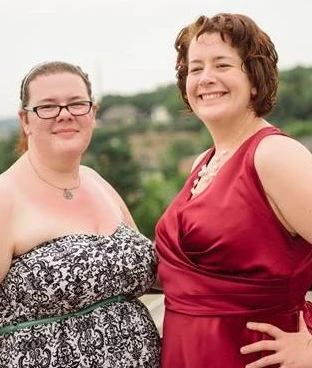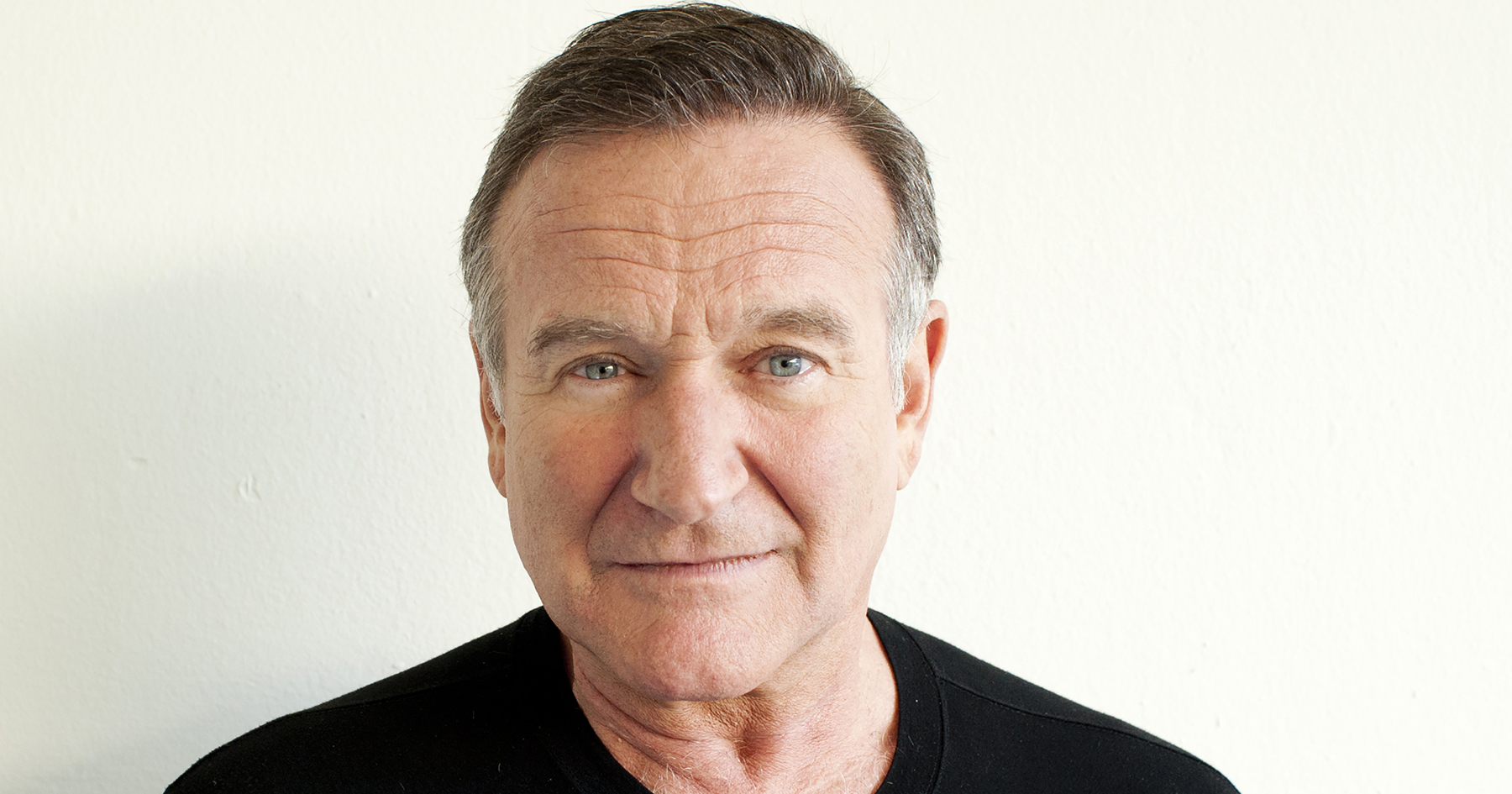This Brutally Honest Obituary Beautifully Blasts the Depression Stigma

By:
A Minnesota woman found that the best way to deal with the difficulty of writing an obituary for someone who has taken their own life, is to simply tell the truth.
After her sister Aletha Meyer Pinnow died from depression and suicide on Feb. 20, Eleni Pinnow wrote a brutally honest obituary that was published in the Duluth News Tribune and went viral online. On the Washington Post, she penned an essay describing the harrowing day of her sister's death, Aletha's lifelong struggle with depression, and the importance of speaking candidly about mental illness.
 Eleni Pinnow / Facebook
Eleni Pinnow / Facebook
She wrote:
"After what seemed like an eternity, the police officers told me plainly, “Aletha is dead.” What followed that stark statement was a sudden moment of lucidity in which only one thing mattered: the truth.
I had to be honest. I had to tell the truth.
By the time I sat down to write my sister’s obituary I knew that the opening line could only be one thing: Aletha Meyer Pinnow, 31, of Duluth (formerly of Oswego and Chicago, IL) died from depression and suicide on February 20, 2016.
I went on to share with everyone — friends, family, students, and work colleagues — the cause of my sister’s death: depression and suicide. I told them that my hilarious, kind, generous, helpful, silly and loving sister couldn’t see any of that in herself and it killed her. I told them that her depression created an impenetrable fortress that blocked the light, preventing the love of her friends, her family, and any sense of comfort and confidence from reaching her."
Eleni Pinnow poignantly rendered how her sister's battle with mental illness prevented her from seeing her own worth and how deeply she enriched the lives of her friends, family, colleagues, and the students she worked with as a special education teacher.
"Depression lied to my sister, told her that she was worthless. A burden. Unlovable. Undeserving of life. I imagine these lies were like a kind of permanent white noise in her life — a running narration of how unworthy she was. After years of the lies and the torment, my sister believed that depression told her the truth. In the notes she left for my parents and me, Aletha wrote, “don’t feel sad, I’m not worth it.”
She was so wrong. Depression lies. I have to tell the truth.
Here is the truth: My sister was amazing. She exuded life and made my life millions of times better just by existing."
She also stressed how her sister tried to hide her depression throughout her life, and asked others to open up about their experiences and seek help. "Aletha slipped from my grasp and I cannot bring her back," she wrote. "I can only urge others to distrust the voice of depression. I can plead for people to seek help and treatment. I can talk about depression and invite others to the conversation. I can tell everyone that will listen that depression lies. I can tell the truth."
Eleni Pinnow was applauded on Twitter for boldly breaking the silence surrounding mental health and suicide.
Fighting the stigma of mental Illness
As ATTN: has previously reported, suicide is the tenth leading cause of death in the United States. The national suicide rate is 12.93 per 100,000 people, according to the American Foundation for Suicide Prevention.
In February 2016, First Lady Michelle Obama wrote an essay about the stigmas associated with mental health for The Huffington Post. As Obama pointed out, one in five adults suffer from mental illness, but mental health issues can feel difficult to address due to societal taboos, and often aren't treated as seriously as physical diseases.
 Flickr/Gage Skidmore - flic.kr
Flickr/Gage Skidmore - flic.kr
"We need to have the courage to reach out and have tough conversations with our friends and family members — and get help ourselves when we need it," she wrote. "And we need to recognize that our mental health is just as important as our physical health, and start treating it that way."
In 2014, beloved actor Robin Williams committed suicide after reportedly struggling with with depression and drug addiction, sparking a national conversation about mental illness. However, depression doesn't just impact people in the spotlight. As Eleni Pinnow pointed out, it can also effect those close to us, and its symptoms are often kept secret due to the shame and self doubt that frequently accompany mental illness.
 Photo by Dan Steinberg/Invision/AP - apimages.com
Photo by Dan Steinberg/Invision/AP - apimages.com
The stigma tied to anti-depressants also can keep people from seeking help, and is knit into the sense that depression is somehow your fault or is simply a sign of a weak or flawed personality rather than an actual disease.
Elena Pinnow closed her essay with a call to action, stating, "I know only two things for sure: Depression lies. I will tell the truth. Join me." She also started a scholarship fund in her sister's name and encouraged those suffering from mental illness to reach out to the National Suicide Prevention Lifeline at 800-273-8255 or visit save.org.
